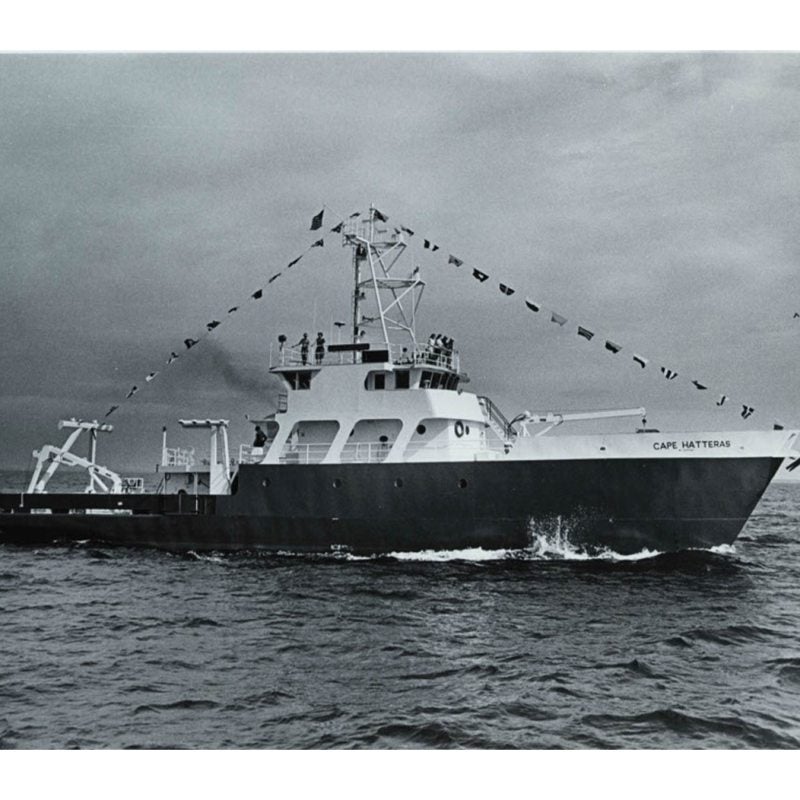Adverse
Adverse: !TEST! !TEST! 2025-04-08 08:50:20
At the University of North Carolina at Chapel Hill's Institute of Marine Sciences, faculty, students and staff have been conducting research on our coast for 75 years to keep our state's citizens and resources safe.
Keep reading to learn about the history of the institute and how researchers there are putting their work into action to serve our state.
For the last 75 years, the Institute of Marine Sciences has conducted research, prepared students to serve the state of North Carolina and improved the lives of our state’s citizens.
Over those decades, the off-campus teaching and research laboratory has been continuously evolving to carry out that mission as the University’s representative on the coast.

As the institute celebrates its 75th anniversary, director Rick Luettich discusses IMS’ mission, how the institute evolved and why the research produced through the institute is vital to North Carolina.
Learn more about the institute’s history, research and public service focus

Click on a story below to learn more about how the UNC Institute of Marine Sciences is researching and protecting the state's coast.
Carolina Ph.D. candidate Mollie Yacano studies an invasive species that is surprisingly effective at preventing erosion and pollution on the North Carolina coast.
Carolina researchers are studying these highest of high tides to predict how rising sea levels and increasingly frequent flooding will alter North Carolina’s coast.
North Carolina is home to extensive seagrass meadows, creating a dynamic habitat for vibrant wildlife. As more hurricanes strike our coast, Carolina researchers are taking a closer look to see how resilient these critical seagrass meadows are.
A team of three Carolina researchers are studying how living shorelines are changing the impacts waves have on the coast so that communities can determine the best ways to better protect their coastal areas.
More than a dozen Tar Heels spent last semester on the coast taking classes and conducting real-world research on a new issue impacting the barrier islands of the Cape Lookout National Seashore.